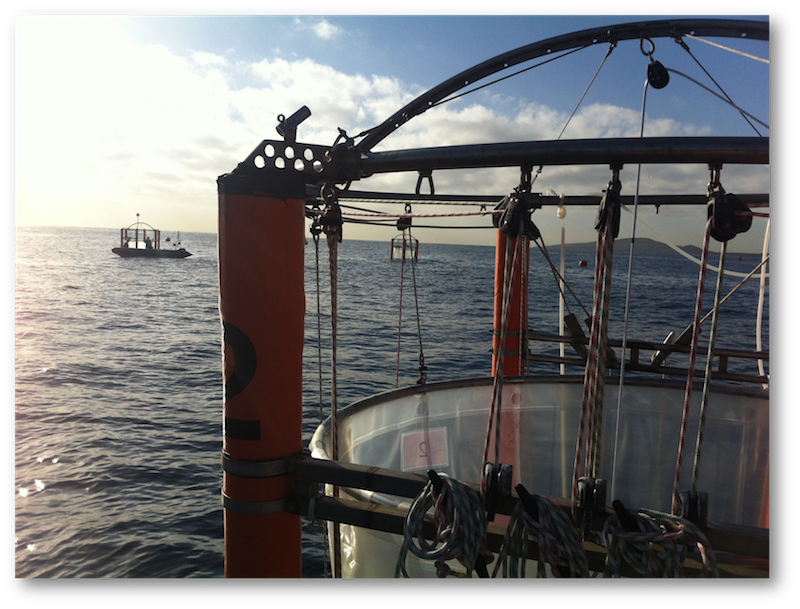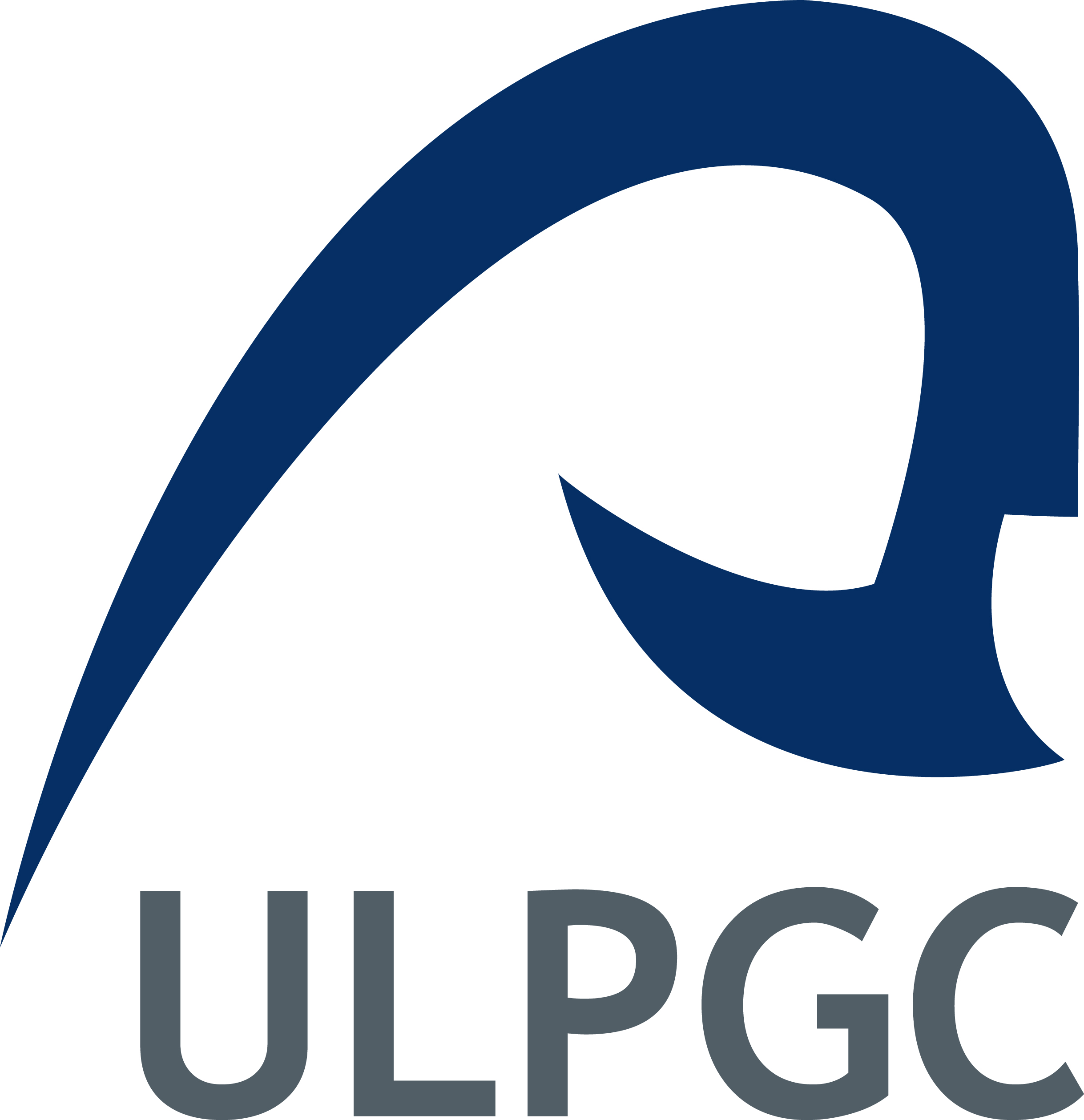Ph.D. Program in Oceanography and Global Change at the Canary Islands, Spain
Subtropical waters represent the most extensive ecosystems in the ocean, contributing nearly one third of oceanic primary production, albeit the low productivity per surface area mostly due to small phytoplankton. Trends in global warming predict enhanced stratification in the oligotrophic ocean but also intensification in cross-shore wind gradients and thus in eddy kinetic energy across eastern boundary regions of the subtropical Gyres. Phytoplankton thriving in a future warmer and acidified oligotrophic subtropical ocean could therefore be patchily fertilized by enhanced mesoscale and submesocale variability inducing nutrient pumping into the surface ocean. Assuming this hypothesis, we have tested the response of three size classes (0.2-2, 2-20 and >20 mm) of subtropical phytoplankton communities -in terms of primary production (PP), chlorophyll (Chl) and cell biomass (B)- to increasing pCO2 concentrations and nutrient fertilization during an in situ mesocosms experiment in oligotrophic waters offshore Gran Canaria Island. Our results reveal a non-significant CO2-related effect on PP under oligotrophic conditions, although trends in Chl and B were negative in the larger size-classes. PP, Chl and B showed a marked increase with higher pCO2 conditions in all groups after nutrient fertilization, although the correlation was stronger with the largest phytoplankton. These results contrast with previous similar studies on temperate and cold waters, where small phytoplankton benefited after nutrient additions at high pCO2, pointing to different responses to CO2 increases across plankton communities in the ocean.




